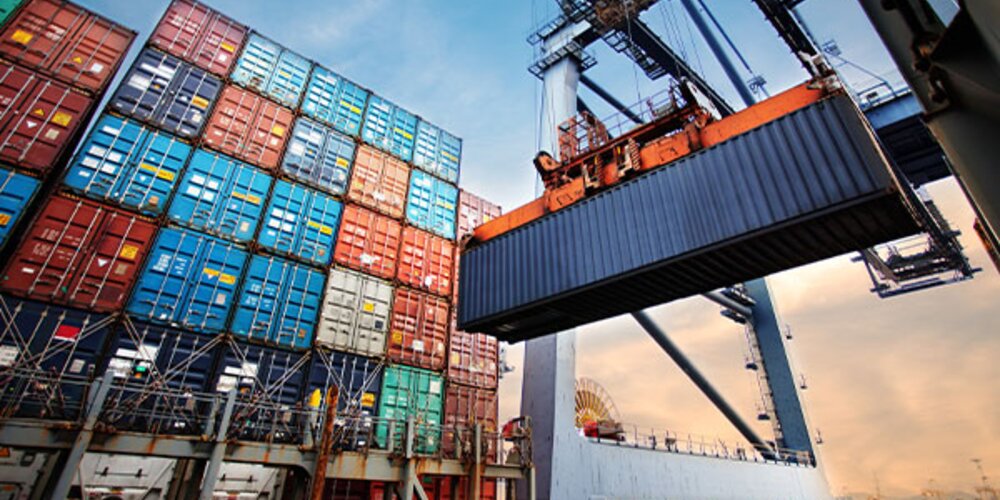Browse our services
Explore how Brookes Bell can help you
Find an expert
Meet our team, find and expert and connect
Contact us
Get in touch, we're here to help

The digitalisation of container shipping has received a boost thanks to the announcement of a new collaboration between the Digital Container Shipping Association (DCSA) and the European Shippers’ Council (ESC).
The DCSA - which is a neutral, non-profit group established to further standardise the digitalisation of container shipping - publishes and promotes digital standards to enable interoperable IT solutions in container shipping.
These standards are designed to effectively provide a ‘standard way’ of implementing digital container shipping, allowing end-to-end data exchange that will make shipping services easier to use, more flexible, efficient and providing increased visibility of cargoes across the container journey.
But, as with any standards, they’re only standards if they’re adopted by all parties involved. That’s why this new collaboration with the ESC represents a significant development.
By working together, the DCSA and ESC will be able to carry out structured, cross-member engagement activities to ensure the DCSA standards are not just adopted by European shippers but are done so in such a way that they meet the needs of shippers too.
With the ESC representing approximately 100,000 manufacturers, retailers and wholesalers throughout Europe, this collaboration represents a significant leap forward for container digitalisation.
Commenting on the collaboration, ESC’s Secretary General, Godfried Smit, said:
“Our members need seamless data exchange across the supply chain to optimally orchestrate the movement of their goods. In the digital realm, this can only be achieved when communication is standards based. Collaboration with DCSA is one of the three pillars of our strategy going forward because its work on standards aligns with our own goals for transparent, stable and resilient supply”.
It is expected that the DCSA and ESC will collaborate in three main ways:
Discussing the collaboration, Thomas Bagge, Chief Executive Officer of DCSA, said:
“Global supply chains have been continuously optimised over decades; present-day technologies allow for the further improvement in customer experience. Unstandardised, paper-based processes for exchanging information to conduct business and keep goods moving should not be needed in the 21st century.
The lack of digitalisation limits progress towards greater transparency and end-to-end, real-time cargo visibility. We can only bring about digital transformation together. That is why we are committed to closer collaboration with the ESC and its like-minded members and are confident our joint efforts will accelerate standards adoption among cargo owners and other industry stakeholders”.
Whilst digitalisation promises a bright new future for container shipping, it’s still vital that vessel owners and operators get the basics right and transport their cargoes in a safe and compliant manner.
Brookes Bell’s Master Mariners can help you do just that.
Of particular importance is the proper stowage and securing of your cargoes. With stowage and securing being subject to an array of regulations, including SOLAS and CSS and more, it’s important that you're compliant.
For more maritime and energy industry news and developments, explore the Brookes Bell News and Knowledge Hub…
Hapag-Lloyd to Fit Container Fleet With Real-Time Tracking Devices | What Is Metallurgy and How Is It Used in the Maritime Industry? | 400% Increase in Containers Lost at Sea During 2020 - 2021